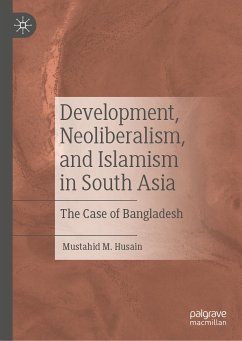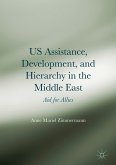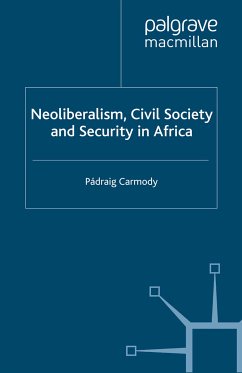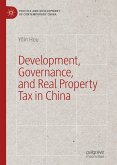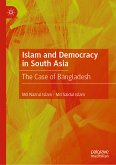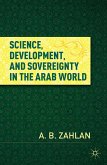- Ali Riaz, Distinguished Professor of Political Science, Illinois State University, and President of the American Institute of Bangladesh Studies (AIBS)
"Bangladesh has long been viewed as a donor darling in the international aid industry and a crucible for development programs, policies, and non-governmental organizations, yet poverty and inequality persists. Husain's book examines this puzzle and offers a theoretically rich and original interpretation of the history of development in Bangladesh and how the interplay of development, neoliberalism and Islamism have shaped the evolution of the Bangladeshi state, society, and economy in recent years."
- Liam Swiss, President, Canadian Association for the Study of International Development (CASID)
"A brilliant piece of scholarship! In juxtaposing the country at the crossroads of globalization with machinations by international and local interest groups, Mustahid has beautifully illustrated the complexity of the neoliberal problem."
-Taj Hashmi, author of Fifty Years of Bangladesh, 1971-2021
This monograph explores dual hegemony and the politics of development in Bangladesh. The interdisciplinary research covers thematic areas of development, Islam-neoliberalism, and military's private sector engagements. This book is of interest to scholars of development studies, political Islam, and security studies, including terrorism and the politics of South Asia.
Mustahid Husain is a scholar based at the University of British Columbia, Canada.
Dieser Download kann aus rechtlichen Gründen nur mit Rechnungsadresse in A, B, BG, CY, CZ, D, DK, EW, E, FIN, F, GR, HR, H, IRL, I, LT, L, LR, M, NL, PL, P, R, S, SLO, SK ausgeliefert werden.
"Husain's monograph stands as an excellent introduction to the state of western development in Bangladesh and the ways in which neoliberal strategies have abandoned and exploited the lower classes and the poor, instead working to fill the coffers of the development aid industry ... . the work offers a much needed examination and critical evaluation of the nearly 50 years of development in Bangladesh and the very real human consequences they have had for the people living there." (Cooper Dunn, Contemporary South Asia, October 12, 2022)
"The monograph extensively incorporates critical theories and is informed by data collected from multi-sited empirical observations and other field work in Bangladesh. ... Development, Neoliberalism, and Islamism: The Case of Bangladesh offers a great jumping off point for those wishing to understand the intricacies and shortcomings of neoliberal development in Bangladesh and the very real socioeconomic consequences they have for Bangladeshi citizens." (Cooper Dunn, Canadian Journal of Development Studies, October 10, 2022)
"Among various empirical research methods the author conducted to study development-induced corruption in Bangladesh, I am especially fascinated by his interlocutors from different positions in the system. ... The book also offers a unique perspective on the Bangladesh military ... . The empirical findings presented in the book will be of great interest to the students, academics, and practitioners vis-à-vis equitable,ethical as well as socially and environmentally just processes and outcomes of development." (Hana Tr n, Global South Development Magazine, gsdmagazine.org, September 29, 2022)

